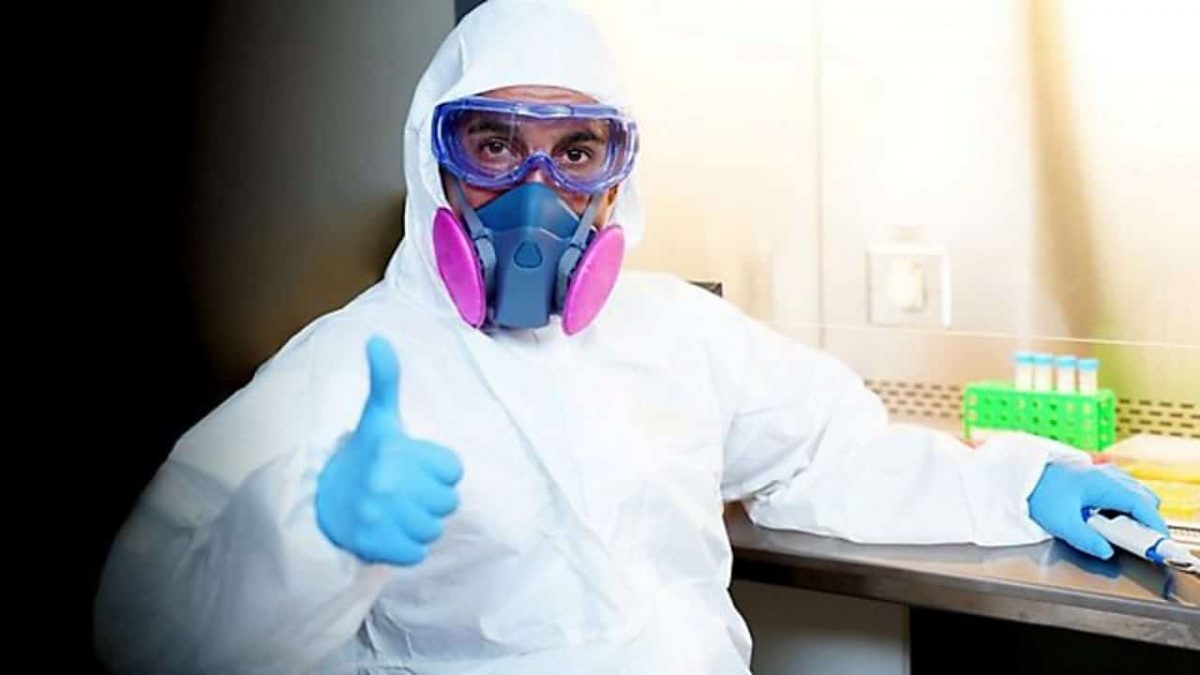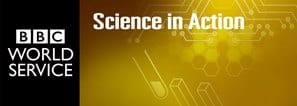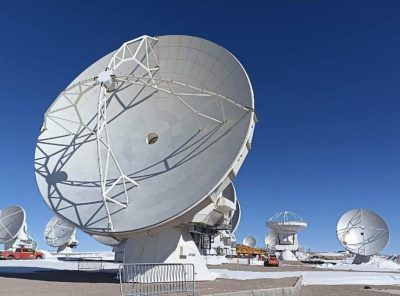How Covid Changed Science
In the third and final part of our series How Covid Changed Science, Devi Sridhar Professor of Global Health at Edinburgh University looks at the legacy and lessons of the pandemic for scientific research.
You may listen to this programme NOW on Demand on the BBC Discovery Page which is available until Tuesday the 13th of September. It will also be broadcast on Sunday the 11th of September in Phuket at 8:30 AM on 91.5 FM and 102.5 FM and Online via the Internet radio portals.
Tackling the virus became a global issue, but many have pointed out the inequality of both resources and effort in the response. Going forward do we need to be directing research more towards improving health and disease surveillance in less wealthy parts of the world, would investing there help prevent future pandemics?
In the second of our series How Covid Changed Science, Devi Sridhar, Professor of Global Health at Edinburgh University looks at the scientific messaging.
Just how do you explain to both politicians and the public that a growing global pandemic is likely to kill many people, and unprecedented measures such as a nationwide lockdown are needed to prevent even more deaths?
What information should be imparted and how?
Similarly how to address the clamour for information on the development of vaccines and other potential treatments when there often wasn’t clarity? And with the rise of misinformation, how did individual scientists who became the subject of conspiracy theories cope with being targeted?
In this programme, we hear from scientists and politicians directly involved with the pandemic response.
For some, the experience of explaining their often highly technical research to the general public was a daunting experience.
For others, it became a mission to answer public concerns and fears.
Learn about the first part of this series, how Covid changed science where developing a new drug took at least 15 years. Or, used to and Covid changed all that.






